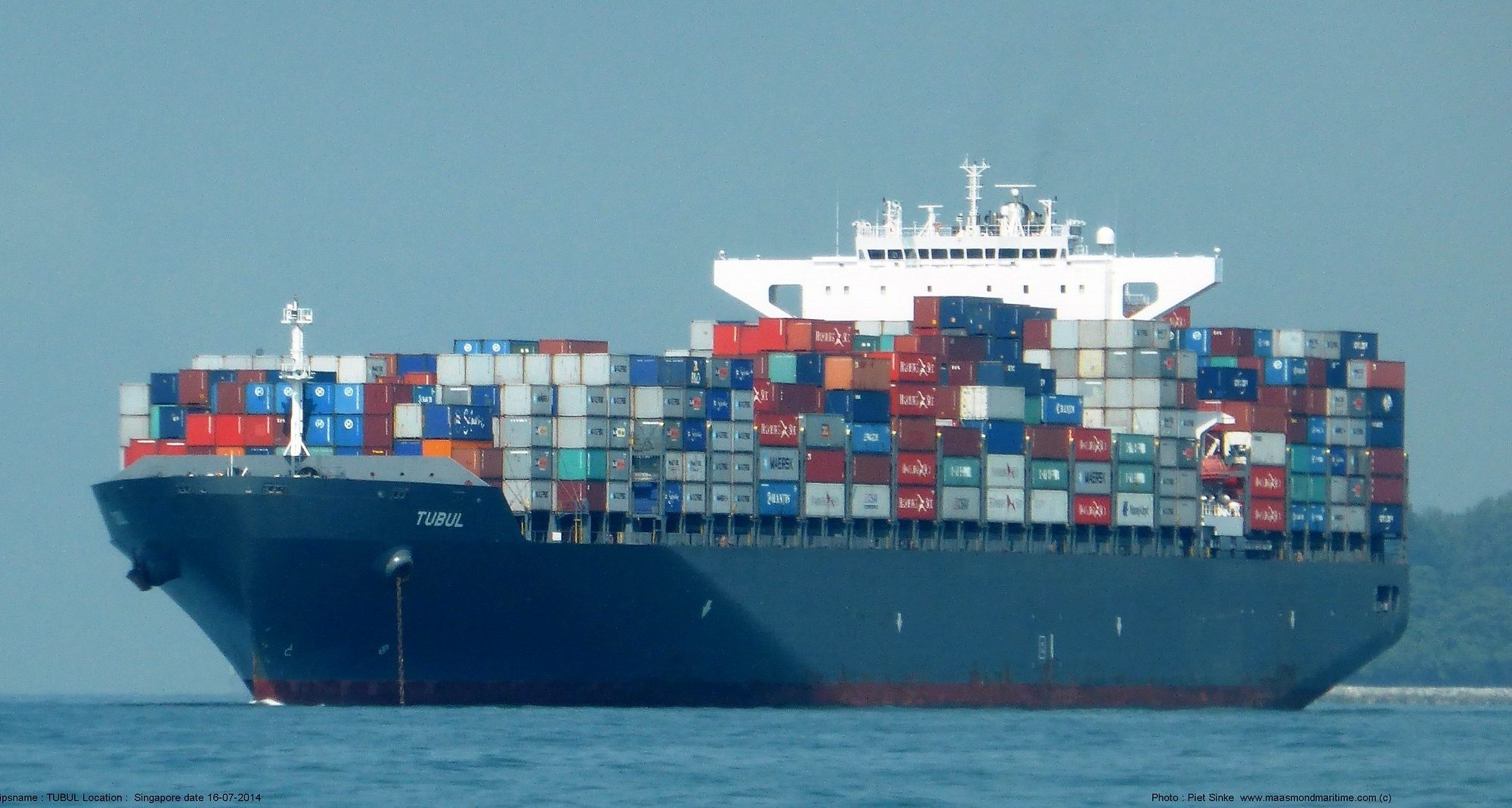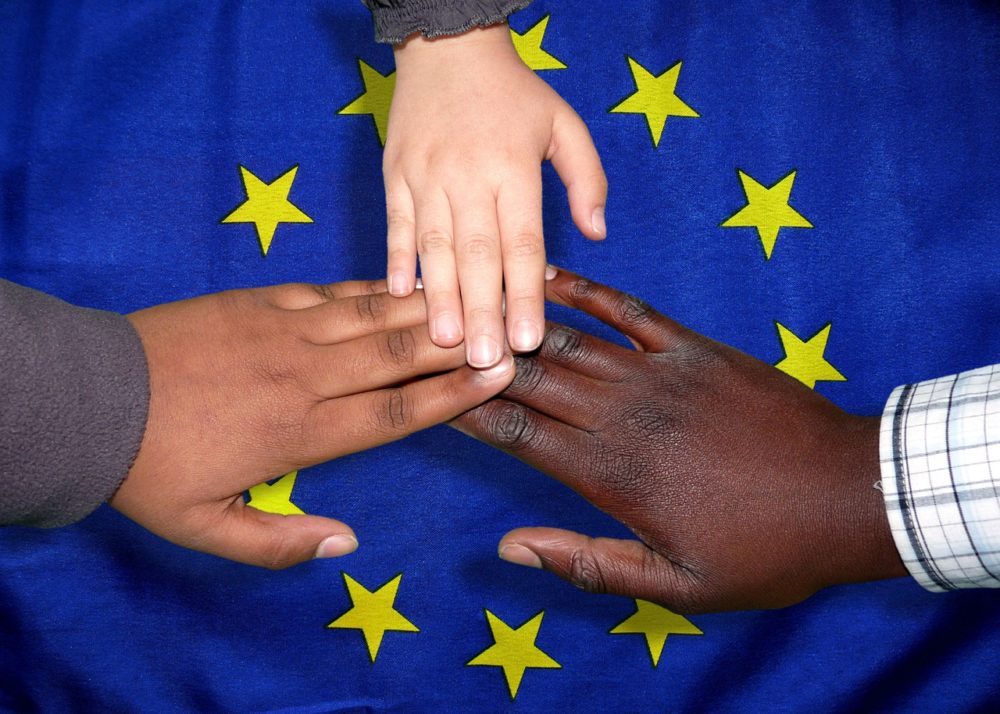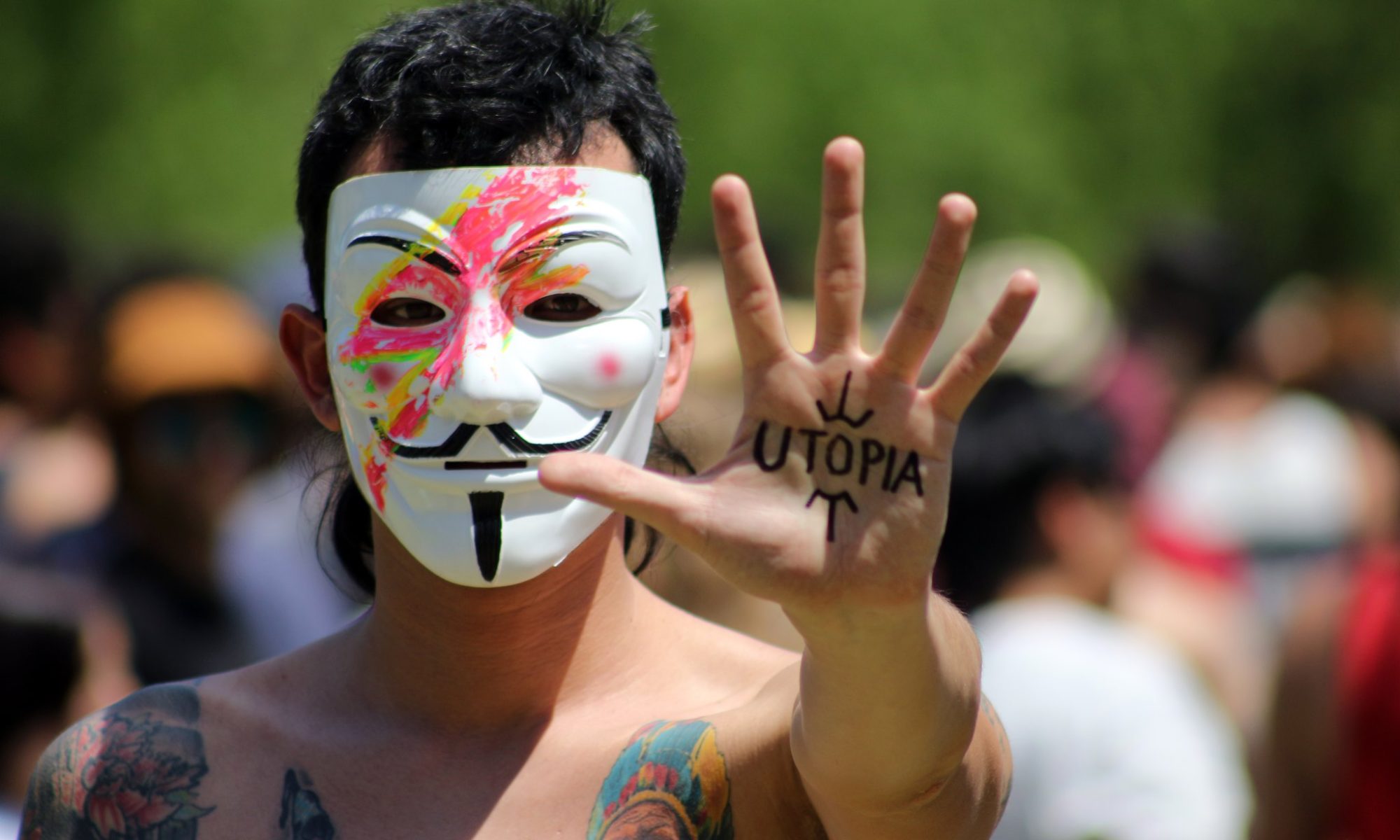By Christian Dorninger, Anke Schaffartzik, and Hanspeter Wieland
Through international trade, richer countries do not merely generate a monetary trade surplus, but also appropriate international resources and labour from poorer countries. While this allows high consumption standards, economic growth, and the simultaneous protection of domestic natural resources in some countries, more land for mining and agriculture for exports is being extracted from the local economies in others. As a result, this makes a socially-ecologically sustainable development impossible. Our research team was now able to prove that ecologically unequal exchange was a persistent feature of the global economy from 1990 to 2015. Using environmentally-extended multi-regional input-output modelling, we investigated these structural inequalities in international trade. Continue reading “Trade Reproduces International Inequalities”





